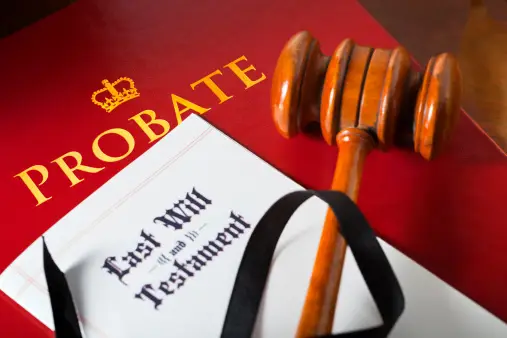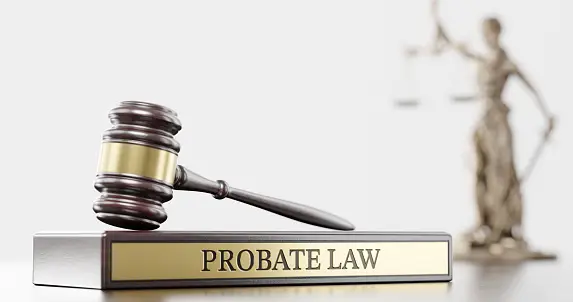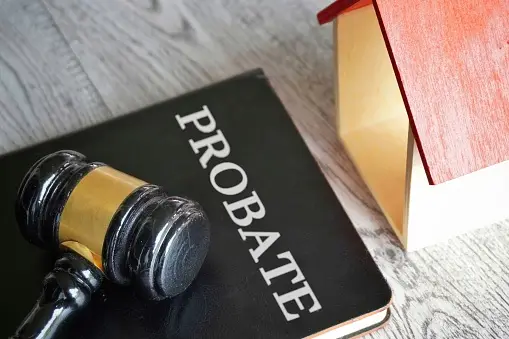Exploring Alternatives to Probate in Texas
Probate can be a lengthy and costly process, which is why many individuals seek alternatives to probate in Texas. Options such as living trusts, joint ownership, and transfer-on-death deeds can facilitate the transfer of assets without the need for probate, allowing for a more efficient distribution of property to heirs.
For instance, a living trust allows you to transfer ownership of your assets while you are alive, enabling a seamless transition to your beneficiaries upon your death. This method not only avoids probate but also offers privacy, as the trust does not become a matter of public record like a will does.
The Role of Executors in the Probate Process
Understanding the responsibilities of an executor is crucial for anyone involved in the probate process. An executor is appointed to manage the estate of the deceased, ensuring that debts are paid, assets are distributed, and the estate is settled according to the will or state law.
Executors must navigate various tasks, including filing the will with the probate court, notifying creditors, and preparing tax returns. It’s essential for executors to be organized and knowledgeable about the legal requirements to fulfill their duties effectively, as failure to do so can lead to legal complications and disputes among beneficiaries.
Common Misconceptions About Probate in Texas
Many people hold misconceptions about probate that can lead to unnecessary anxiety and confusion. One common myth is that all estates must go through probate; however, this is not always the case, as certain assets can bypass probate altogether.
Another misconception is that probate is always a lengthy and expensive process. While it can be, the duration and cost largely depend on the complexity of the estate and the efficiency of the executor. Understanding these misconceptions can help individuals make informed decisions regarding estate planning and the probate process.
Steps to Prepare for Probate in Texas
Preparing for probate can significantly ease the process for your loved ones after your passing. One essential step is to ensure that your will is up-to-date and legally valid, as this will guide the probate process and help prevent disputes among heirs.
Additionally, organizing important documents, such as financial statements, property deeds, and insurance policies, can streamline the probate process. Informing your executor of your wishes and providing them with access to necessary documents can also help facilitate a smoother transition during a difficult time.





